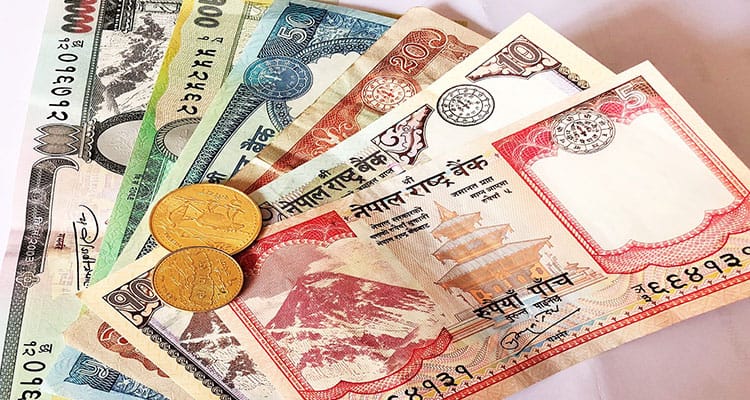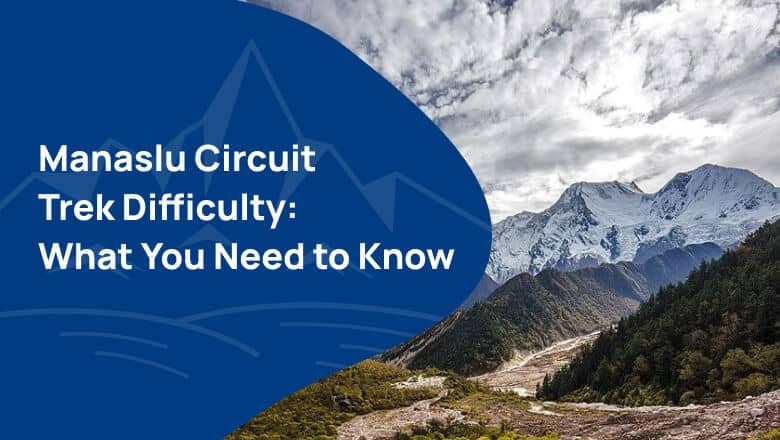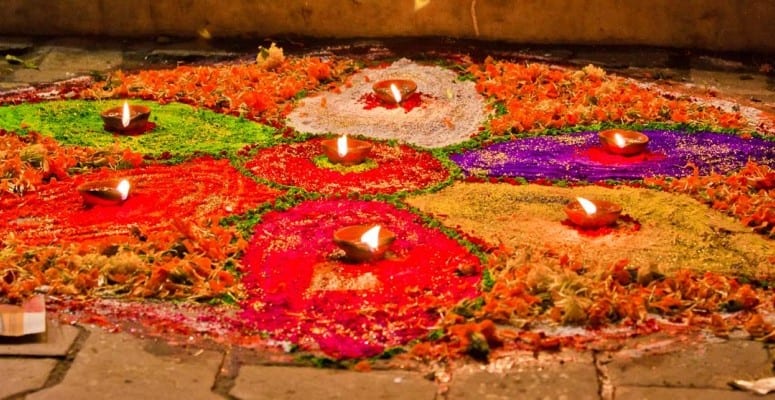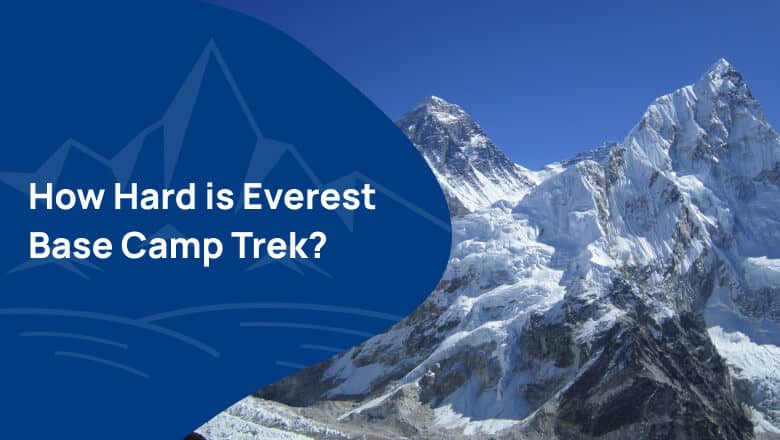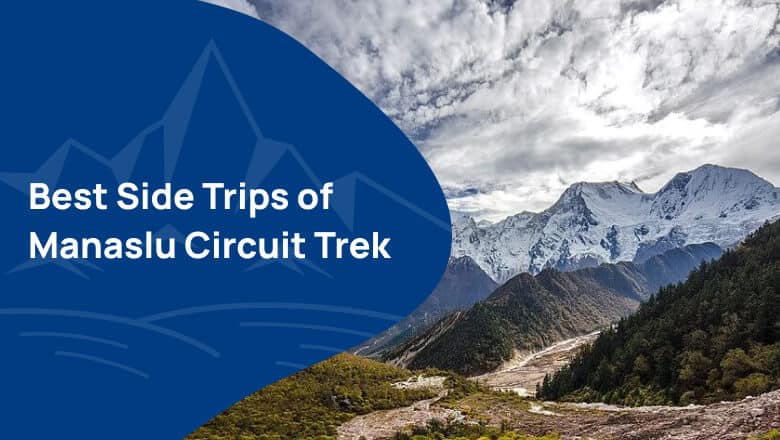Tipping is not a universal custom but it is important and super confusing, as well. There is no fixed criteria or pattern for tipping. It is confusing that when and how much to tip, including the specific service, station, or place. Tipping is about showing appreciation for good services. But, these days, tipping has become a show-off or compulsory culture in most of the sectors. From parking valet to trekking guide or from restaurants waiter to taxi drivers, every service provider expects something extra from the stipulated amount.
Contents
How Much to Tip in Nepal?
Generally, there is no fixed rate in tipping in Nepal. It depends on the service taker how satisfied they are from the guides, porters, or driver services. Practically you can skip tipping if you are not satisfied by their services or find it disastrous. But it’s true that if they are providing you the best service, then it’s better to give them a good tip. Most of the travelers get confused about the tipping amount. The trekkers don’t know how much to offer the tips and are afraid of either giving too much or too little.
Tips to tour guides, trek guide, porters and private driver:
| Services | Tip amount in USD | Tip amount in NRS |
| Tour Guide day | USD 5 -15 per | Nrs 500 -1500 per day |
| Trek Guide day | USD 10 – 15 per | Nrs 1000 -1500 per day |
| Porter | USD 8 – 10 per day | Nrs 800 – 1000 per day |
| Private Driver | USD 5 – 10 per day | Nrs 500 – 1000 per day |
It is in the hand of a guide or a team to make your trekking worthy or break the experience. They show you the famous places, make you fascinated with tales of local lore and make you experience the wild adventures. Most importantly, guides are there to keep you safe, and they make sure you have the best possible experience during your trek.
Though the trekking company provides them a fixed salary, still tips will give an appreciation of their hard work. It may encourage them to offer you better service than what you have brought as there is no fixed amount of how much or what amount will be right for the tip. But, still, according to the service, difficulties, and situation, you can tip to the guides as per day service. For example, if you go for six days trekking, then it is recommended that to give at least USD 10.00 per day, which will be USD 60.00 in total for the whole trip.
Moreover, tipping rates also depend upon the difficulty and duration of the trek. If you are going for the Everest Base Camp then the Sherpas will charge more as the path is riskier and difficult to survive. Many travel agencies recommended at least a 10% tip of the total travel package value that you buy. You can also give a tip separately or put the money in an envelope and hand to guide as much as you like.
Tip to porters
Porters play an important role to make your trekking memorable and worthy. Porters are considered as the backbone of the trekking world. Everything that you experience in your trekking trails it’s all because of the porter’s support and help. For trekkers, without posters, they have to face difficult trail, the thin air, carry the heavy gear. That’s why porters make your trekking easier and comfortable somehow. Portes, such as Sherpas or local mountain people are acclimatized to the altitude and the adaptation to carry heavy loads even in the mountain area.
Porters aren’t there to guide you but there are some people who do both works simultaneously. Porter-guide will offer you both kinds of service. They give you the trail guidance and carry some of your gears as well.
While talking about the tip to porters in Nepal, you can find many types of porters in Nepal. If you are going for a long day trekking like Everest Base Camp, Annapurna Base Camp, Kanchanjunga trek, Gokyo Ri Trek, then it is suggested to hire a professional guide and porter separately. As it is long trekking and your gear will be more than 10 kg, then you have to higher a separate porter. While, if you are doing a short trek, then you can also hire a Porter-Guide who can guide you and also carry some of your gears as well.
Many service porters make their survival based on daily wages. So, the tip you provide them will add their income. If you are doing solo trekking, then it is good to give $2 to $4 per day for porters. But, if you are trekking on a group tour, then $5 per day will be best to tip to porters.
Tip to drivers
Generally, there is no requirement to give tips to the taxi driver. If a taxi driver is using the meter, then you can round up the fare because they are honest with you by not overcharging you. In Kathmandu and other parts of the cities, they will likely charge double the price. In this case, you are not bound or required to give them the extra money. It is strongly advised to the foreign travelers to ask the price or tell them to go in the meter. If there is a flat rate, then there is no need to add a tip because you might be paying double what it cost.
In reality, most of the taxi drivers in Kathmandu or Pokhara won’t agree to take in the meter and have to agree on a price on what they demand. But, before getting into the taxi, if you find the driver is overcharging you then either you can switch to another cab or at least negotiate.
However, if you hire a private vehicle and the driver to take you on route to a trek, then you can tip them.
If you are traveling alone, the NRS 500 (USD 5) per day would be a fair amount. Whereas, NRS 1000 (USD 10) per day is a good tip for multi-day trips with a group. You may want to give an extra tip for a multi-day trip. If the driver will guide you and provide a good service then you think to tip them more. Most of the travel agencies recommended at least a 10% tip of the total travel package value that you buy.
Tipping Etiquette in Nepal
When you are going for trekking or travel somewhere, then tip has become a common culture in most of the place. So, do people like tour guides, porter, the driver also expects something extra from the service that they serve. Every traveler needs to know about the basic culture or etiquette to give the tip. Especially, in Nepal handing tip is a new kind of culture that has been developed in recent years. Gradually, the trend has been flourished in most parts of the area such as hotels, restaurants, parking, driver, etc.
Tip discreetly
In general, tipping is not considered offensive in Nepal. In modern times, it’s usually expected to receive tips in most professions, especially like guides and porters. Tipping should be done discreetly. You can put the large amounts in an envelope if possible and can also pass small bills without showing or making a scene.
Give money with your right hand
Most of the Nepalese believe in cultural values and costumes and according to the culture giving something from the left hand is considered disrespectful. While it’s not a big issue for foreigners but in the Nepalese society, it does not take it correctly. So, it’s better to hand money or tips to the guide, porter, or driver with the right hand.
Preferred Currency
Most of the people preferred to get the tips in Nepali rupees. Foreigners can use either tip in US Dollars or Nepali rupees, but it would be convenient for those who are living in rural areas if you tip them in Nepali currency. They won’t have to worry about exchanging. Many service providers make their survival based on daily wages. So it is appropriate to hand them money in their currency.
Gift of Gear
Many travelers who visit Nepal end up purchasing gears and clothing which they don’t want to carry back home. If you are thinking of giving your trekking gear or any other clothes, then before presenting them, ask them indirectly that are they willing to take it or not. The extra equipment such as gloves, hiking poles can be offered to the porters or guide at the end of your trek as it will be usable for them in the next trek. So, in the spirit of not causing anyone embarrassment, ask the recipient if they know someone who can use the gears rather than offering them directly.
Things to skip while tipping
- If you are thinking of leaving back any of your gears, then make sure that they are not damaged or worn out.
- Hand the tips on the last night of the trek or tour after dinner. As it is uncertain that staff will be on duty the next day or you won’t get the chance to meet him/her.
- Do not showboat your kindness and generosity.
- Do not tip too less like any notes below Rs.100.
- Before giving them your used gear, ask them indirectly if they are willing to take or not.
Last Words
Tipping is the way to thank someone for their service or effort to make your work smooth. In other words, Tips also stands as a ‘Thanking for Individual Personal Service.’ Tips can be in the form of cash or any gears, goods, clothes, or food. But, usually, tips are understood as giving extra money to the service provider. In Nepal, tipping culture is developing mainly in the trekking field. During the trekking, the guide and porters expect tips that can add their income and also encourage them to give you a better service. Therefore, it is not necessary to tip anyone. Still, it is more appreciable if you tip some who are genuinely working day and night at your services such as porter, trekking guide and a private vehicle driver.

